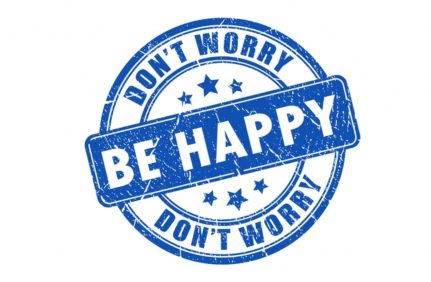
When people think about medical errors they imagine mistakes like prescribing the wrong medication, performing the wrong surgery, or leaving a sponge inside a patient. Sadly, there are many technical errors like this, but often the worst medical errors — and the most insidious — are the simplest. Indeed, it’s hard to imagine anything that kills more patients than false reassurance.
As I’ve followed and written about the ProPublica/NPR series on maternal mortality I’ve been struck by many pregnant and postpartum women have died or nearly died from false reassurance. Yesterday I wrote about how Serena Williams nearly died from a pulmonary embolus when the nurse falsely reassured her that her difficulty breathing was due to confusion from medication. ProPublica/NPR highlighted the case of Shalon Irving, who died of post partum pre-eclampsia after receiving multiple reassurances from a midwife that her weight gain, swelling and other symptoms weren’t anything to worry about. The series began with the story of the death of Lauren Bloomstein, a women in the throes of full blown HELLP syndrome (a variant of pre-eclampsia) who complained repeatedly about severe abdominal pain and was falsely reassured.
[pullquote align=”right” cite=”” link=”” color=”” class=”” size=””]We are falsely reassuring new mothers to death.[/pullquote]
“Listen to your patient, [s]he is telling you the diagnosis.”
Those are the words of William Osler (1849-1919) often called the Father of Modern Medicine for his contributions to the development of medical education. I first heard them from the chief of surgery at the beginning of my internship. It is almost always true, the patient is almost always telling you the diagnosis, but listening is harder than you might think. That’s because most patients are simultaneously offering a lot of extraneous information, and some patients are not complete or completely honest in the information they offer.
Listening is even more difficult on contemporary labor & delivery and postpartum floors as the societal emphasis has shifted from preventing deadly complications to crafting a birth “experience.” Listening is especially difficult for nurses in obstetrics who are are inundated with propaganda that unmedicated vaginal birth is superior, C-sections are a failure and that the most important postpartum nursing task is not saving lives but promoting breastfeeding.
OB and postpartum nurses, and to a lesser extent obstetricians themselves, have become experts in gaslighting pregnant and postpartum women.
Don’t worry; your baby isn’t moving less. He just has less room to move now.
Don’t worry; your headache isn’t serious. It’s just nerves.
Abdominal pain after birth? Don’t worry; that’s normal.
Or in the case of Serena Williams, this mindboggling exchange:
Short of breath off your daily anticoagulant that you take for a history of a near fatal pulmonary embolus? No, you’re just confused by your pain medication.
It’s as if everyone has developed collective amnesia of the fact that pregnancy, in every time, place and culture (including our own) has ALWAYS been one the leading causes of death of young women.
Everyone involved in the care of women giving birth should have a high index of suspicion for life threatening complications and instead they’ve been fooled into developing a low index of suspicion. As ProPublica noted:
Earlier this year, an analysis by the CDC Foundation of maternal mortality data from four states identified more than 20 “critical factors” that contributed to pregnancy-related deaths. Among the ones involving providers: lack of standardized policies, inadequate clinical skills, failure to consult specialists and poor coordination of care. The average maternal death had 3.7 critical factors.
Maternal deaths and serious complications often involve a myriad of these factors, but the most important is the one that isn’t mentioned: the low index of suspicion. You can’t diagnose a complication if you’ve been taught that complications are rare and doing nothing is the best response. When providers falsely believe that pregnancy is inherently safe when in reality it is inherently dangerous, nurses and even some doctors will insist that everything is fine even while a woman is dying before their eyes. Complacency is deadly.
This complacency is driven by ideology, not by science. Gallons of ink have been spilled on advancing the obsessions of privileged, mostly white women — the C-section rate, the induction rate, epidurals and promoting breastfeeding — while ignoring the deadly problems that are literally killing new mothers: cardiac disease in pregnancy, pre-existing chronic conditions, hemorrhage and blood clots. What’s worse is that when women present with these deadly complications they don’t get lifesaving medical care, they get gaslighted.
The single most important factor in diagnosing life threatening complications is listening to patients. Instead we are falsely reassuring them — to death.

